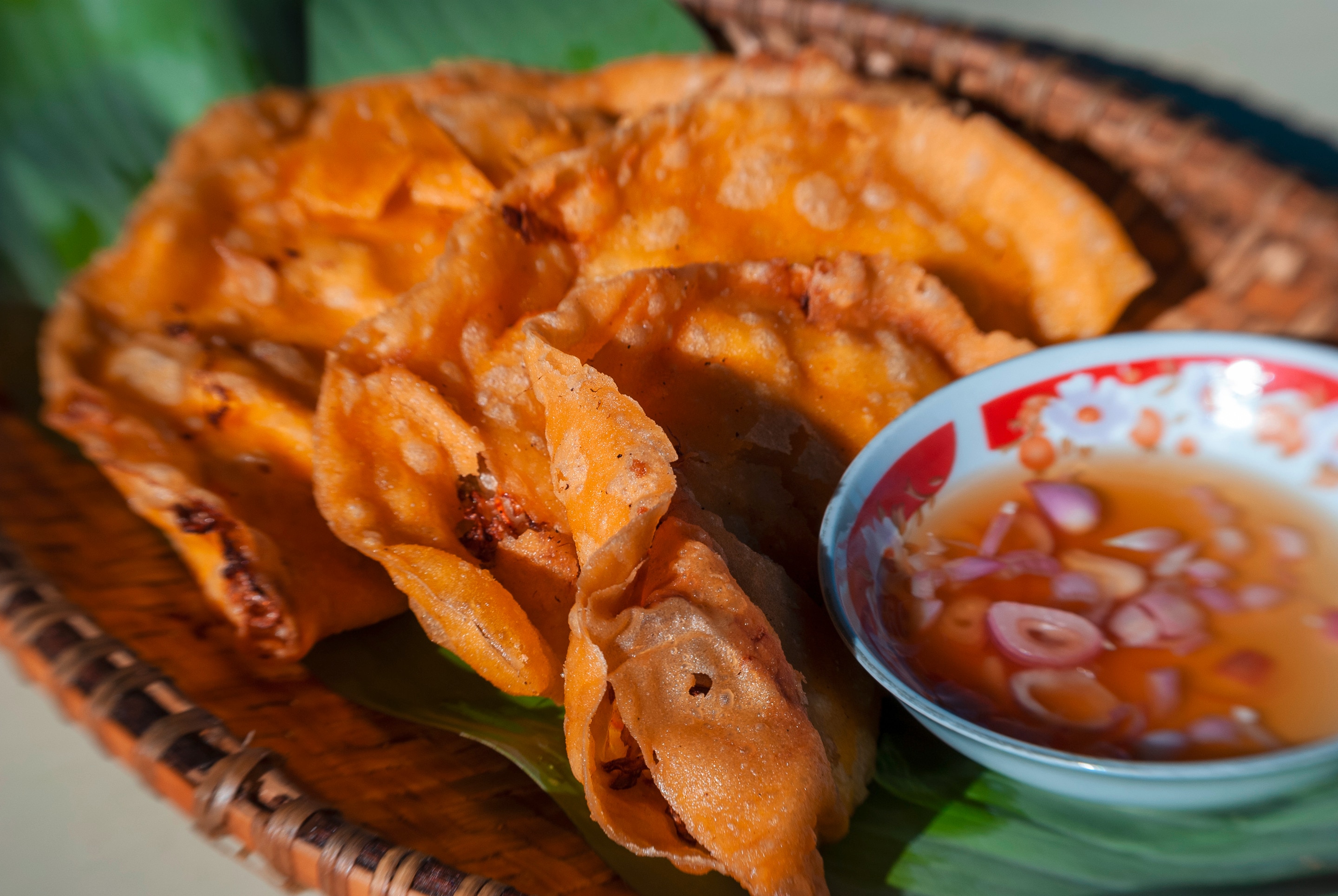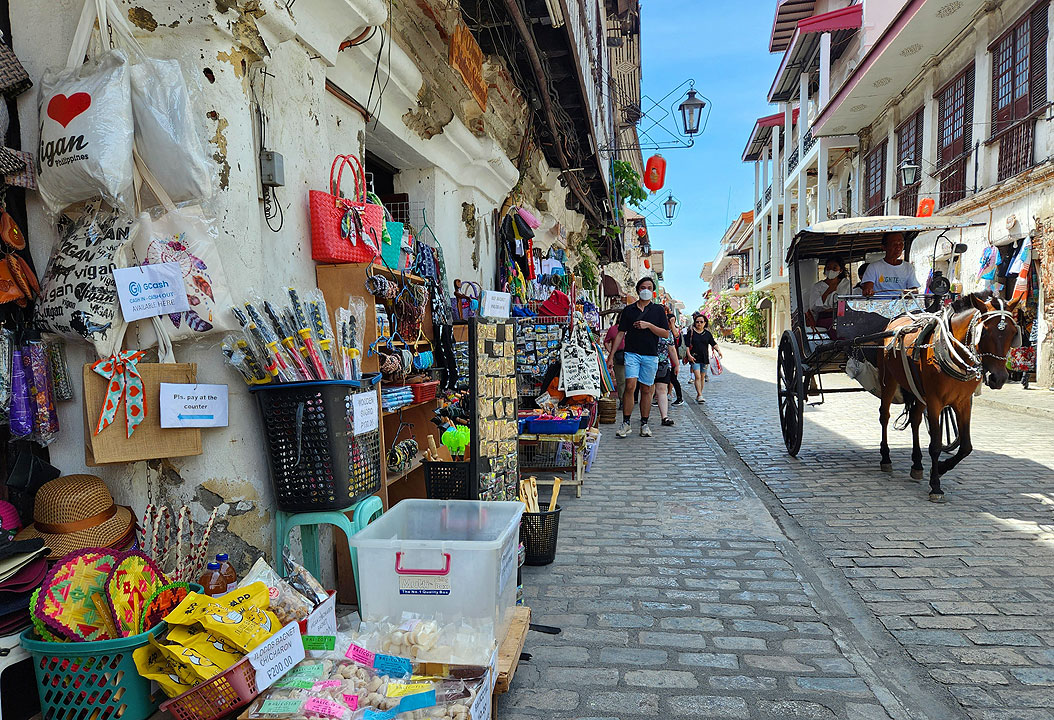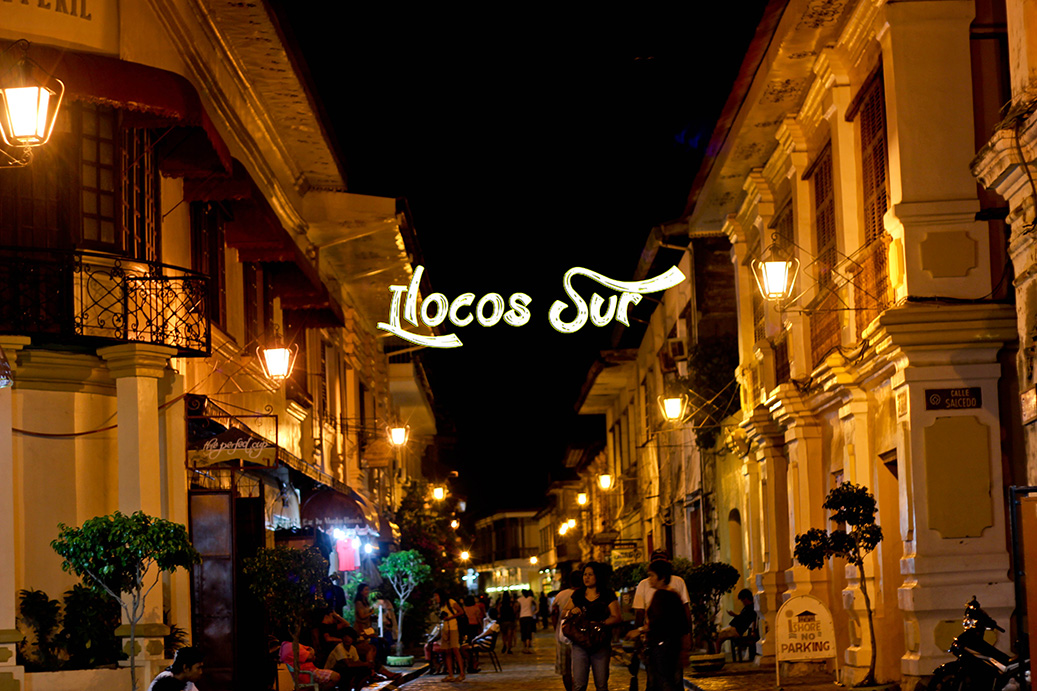Nestled in the northern part of the Philippines lies Ilocos Sur, a province steeped in history, culture, and tradition. Home to some of the country's most renowned festivals, Ilocos Sur celebrates its rich heritage through vibrant festivities that showcase the resilience, creativity, and spirit of its people. This essay delves into the significance of Ilocos Sur festivals, exploring their historical roots, cultural importance, and impact on the local community.
The history of Ilocos Sur festivals is deeply intertwined
with the province's storied past and diverse cultural influences. Ilocos Sur,
once a flourishing center of trade and commerce during the Spanish colonial
period, bears the architectural legacy of its colonial past in the UNESCO World
Heritage Site of Vigan City. The province's festivals reflect this rich
tapestry of history, blending indigenous traditions with Spanish, Chinese, and
other foreign influences. One of the most prominent festivals in Ilocos Sur is
the Viva Vigan Binatbatan Festival of the Arts. Held annually in Vigan City,
this festival celebrates the city's cultural heritage and showcases its unique
blend of Spanish colonial architecture, Filipino craftsmanship, and Ilocano
traditions. The festival's name, "Binatbatan," refers to the process
of beating cotton to create fibers used in weaving, highlighting the importance
of textile arts in the region's history and economy.



referrences:









No comments:
Post a Comment